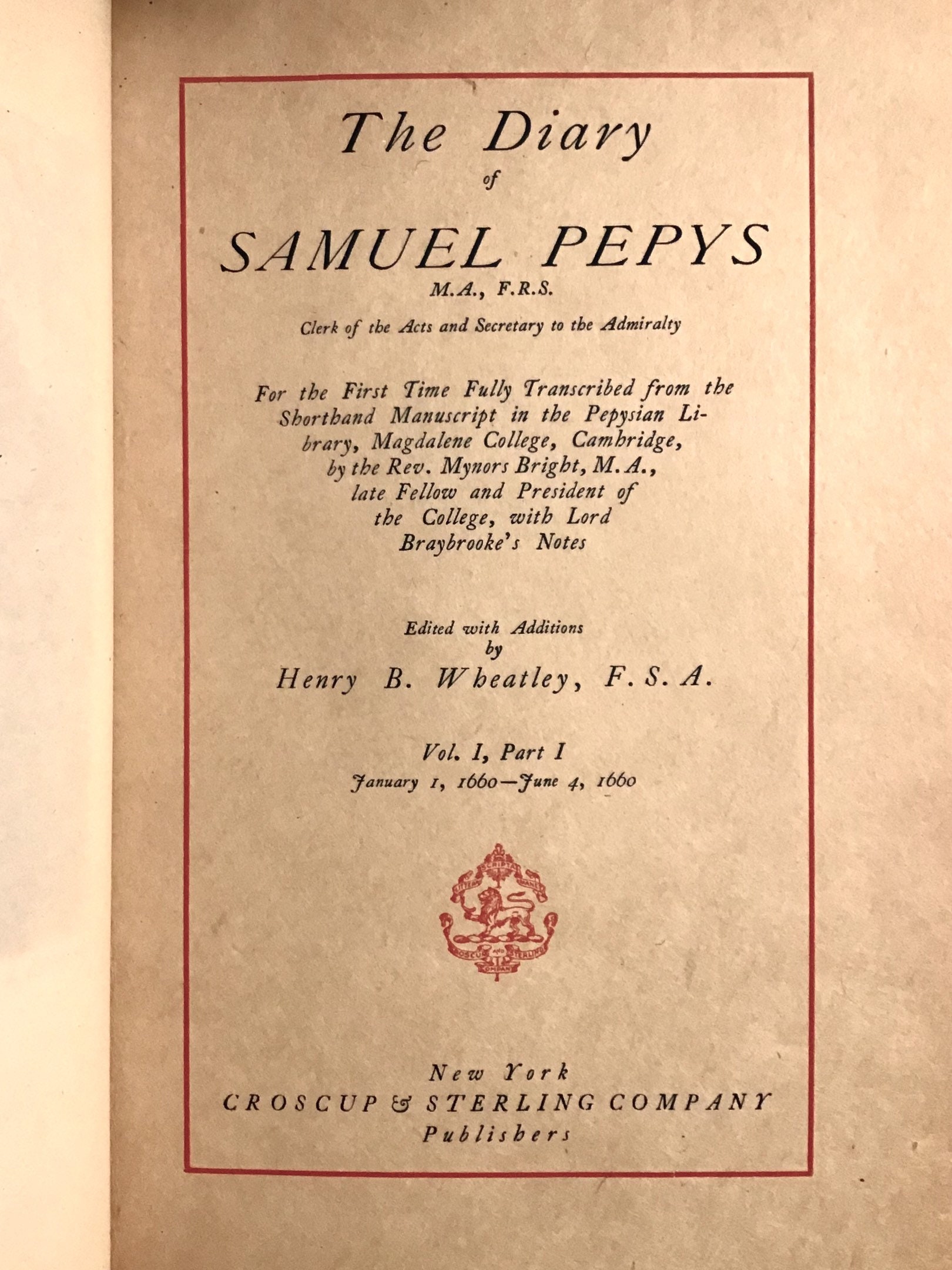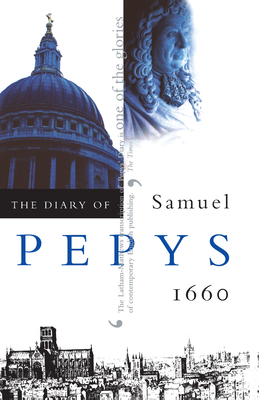

Released in 1647, he was named Parliamentarian commander in Eastern Ulster, fought in Scotland under Oliver Cromwell in the 1650 to 1652 Anglo-Scottish War, and served as General at sea during the 1652 to 1654 First Anglo-Dutch War. After Charles I agreed to a truce with the Catholic Confederacy in September 1643, he was captured fighting for the Royalists at Nantwich in January 1644 and remained a prisoner for the next two years. Posted to Ireland as part of the army sent to suppress the Irish Rebellion of 1641, he quickly gained a reputation for efficiency and ruthlessness. The younger son of an impoverished Devon landowner, Monck began his military career in 1625 and served in the Eighty Years' War until 1638, when he returned to England.

A prominent military figure under the Commonwealth, his support was crucial to the Restoration of Charles II in 1660, who rewarded him with the title Duke of Albemarle and other senior positions.

George Monck, 1st Duke of Albemarle (also spelled Monk in older texts) JP KG PC (6 December 1608 – 3 January 1670) was an English soldier, who fought on both sides during the Wars of the Three Kingdoms. Chief Minister of Great Britain Lord High TreasurerĬustos Rotulorum & Lord Lieutenant of Devonģ January 1670 () (aged 61) Potheridge, DevonĪnglo-Spanish War (1625–1630) Cádiz expedition (1625) Anglo-French War (1627–1629) St Martin-de-Ré Eighty Years' War Maastricht Breda Wars of the Three Kingdoms Newburn New Ross Nantwich Dunbar Dundee First Anglo-Dutch War Portland The Gabbard Scheveningen Glencairn's rising Second Anglo-Dutch War Four Days' Battle St.


 0 kommentar(er)
0 kommentar(er)
